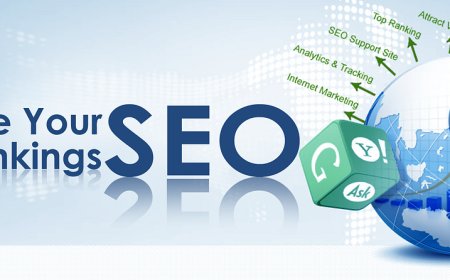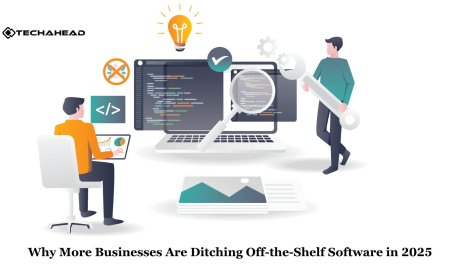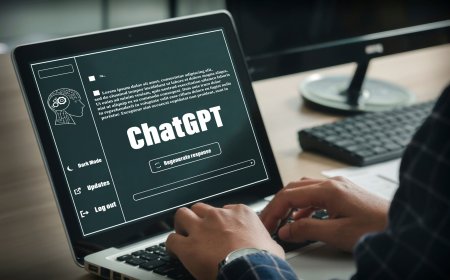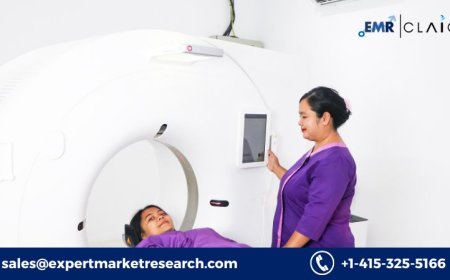How Artificial Intelligence Is Transforming Healthcare

When people hear the words Artificial Intelligence they often think of robots, self-driving cars etc where machines take over the world. But AI isnt just about futuristic ideas, its already here, changing our daily lives in many ways. One of the biggest areas where AI is making a real difference ishealthcare.
From faster diagnosis to new drug discoveries, AI is helping doctors, nurses, and researchers do their jobs better. In this article, well look at how AI is transforming healthcare, the benefits it brings, and the challenges we still need to solve.
Diagnosing Diseases Faster and More Accurately
One of the most important uses of AI in healthcare is helping doctors diagnose diseases.
In the past, doctors relied only on their experience, physical exams, and medical tests to find out what was wrong with a patient. Now, AI can analyze huge amounts of medical data like scans, lab results, and patient history and find patterns that even experienced doctors might miss.
For example, AI systems can look at thousands of X-rays or MRI scans in seconds. Some AI tools can spot signs of cancer, pneumonia, or brain tumors faster than a human doctor. This doesnt mean doctors will be replaced instead, AI works as an extra pair of eyes, helping doctors make better decisions.
A good example is Googles DeepMind, which created an AI system that can detect over 50 types of eye diseases as accurately as top eye doctors. Another example is an AI tool that helps radiologists find early signs of breast cancer in mammograms, which can save lives through early treatment.
Improving Patient Care and Monitoring
AI is not just helping with diagnoses its also making patient care better. Many hospitals now use AI-powered monitoring systems to keep track of patients vital signs, like heart rate and blood pressure.
For example, if a patients condition suddenly worsens, the AI system can send an instant alert to nurses and doctors. This helps medical teams respond faster, which can be critical in emergencies.
AI chatbots are also helping patients outside hospitals. Many health apps now have virtual assistants that answer common questions, remind people to take their medicine, or help schedule appointments. For people living in remote areas without easy access to a doctor, this can be very helpful.
Assisting in Surgery
Another exciting area where AI is making progress is surgery. Robot-assisted surgeries have been around for years, but AI is taking them to the next level.
Surgeons can now use AI-guided robots to perform precise operations, like removing tumors or repairing delicate tissues. The AI helps the robots arms move with incredible accuracy, reducing the risk of human error.
These surgeries are often less invasive, meaning smaller cuts and faster recovery for patients. While the surgeon still controls the robot, AI makes the whole process safer and more efficient.
Speeding Up Drug Discovery
Developing new medicines is expensive and can take many years. Researchers must test thousands of chemical compounds before finding one that works. AI is speeding up this process by quickly analyzing massive databases of molecules and predicting which ones might be effective.
For example, during the COVID-19 pandemic, AI tools were used to search for potential treatments much faster than traditional methods. Pharmaceutical companies now rely on AI to identify promising drug candidates, design clinical trials, and even predict side effects.
This means new drugs could reach patients sooner, which is good news for people with diseases that dont yet have effective treatments.
Personalizing Treatment Plans
Every patient is different, and AI can help doctors create personalized treatment plans. By studying a patients genetic information, lifestyle, and medical history, AI can suggest the best treatments with the highest chance of success.
For example, some cancer treatments now use AI to recommend specific therapies based on the type of cancer, its stage, and the patients DNA. This approach, called precision medicine, means patients can avoid treatments that wont help them and focus on what will work best.
Challenges We Need to Solve
Even though AI has huge potential, its not perfect. There are still challenges we need to tackle.
One big issue is privacy. AI needs a lot of data to work well like medical records, test results, and images. Hospitals and companies must protect this sensitive information so it doesnt get misused or leaked.
Another concern is bias. If the data used to train an AI system isnt diverse enough, the results can be unfair. For example, an AI tool trained mostly on data from one group of people might not work as well for others. This could lead to wrong diagnoses or unequal care.
Theres also the fear that AI could replace human jobs. While AI will handle many tasks, doctors, nurses, and other healthcare workers will always be needed. AI should be seen as a tool to help them, not replace them.
Finally, we need clear rules about how AI is tested, approved, and used. Governments and health organizations must work together to make sure AI tools are safe and reliable.
Looking Ahead
Despite these challenges, theres no doubt that AI is changing healthcare for the better. Its helping doctors find diseases earlier, improving patient care, speeding up research, and giving more people access to medical help.
In the future, we can expect AI to become even more advanced. We may see smart health devices that warn us about problems before we feel sick, or robots that assist elderly people at home.
One thing is certain: AI in healthcare is here to stay. By using it wisely and responsibly, we can make health services better, faster, and more affordable for everyone.
Final Words
AI is not some faraway dream its a powerful tool thats already saving lives and changing how healthcare works. If we handle it with care and keep people at the center, AI can help build a healthier world for us all.




































